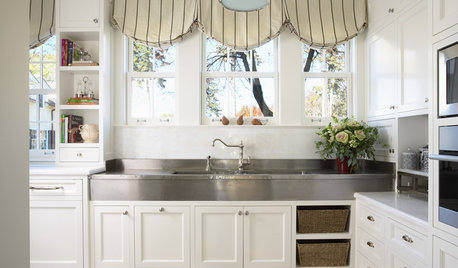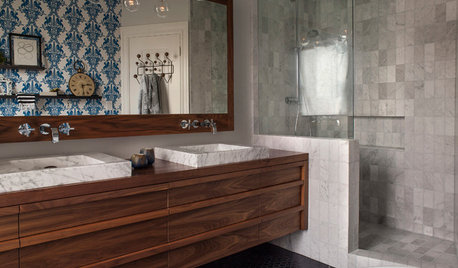hospital steam autoclave for canning?????
mayfly-1970
15 years ago
Related Stories

MOST POPULAR6 Kitchen Flooring Materials to Boost Your Cooking Comfort
Give your joints a break while you're standing at the stove, with these resilient and beautiful materials for kitchen floors
Full Story
KITCHEN STYLESNew Southern Style for the Kitchen
Gracious tradition is alive and well, bless its heart, but Southern kitchens are welcoming in modern updates too
Full Story
BEFORE AND AFTERSBefore and After: 19 Dramatic Bathroom Makeovers
See what's possible with these examples of bathroom remodels that wow
Full StoryMore Discussions






digdirt2
ksrogers
Related Professionals
Arlington Landscape Architects & Landscape Designers · Ilchester Landscape Architects & Landscape Designers · Gainesville Landscape Contractors · Deerfield Landscape Contractors · Fort Myers Landscape Contractors · Hayward Landscape Contractors · Maywood Landscape Contractors · Morrisville Landscape Contractors · Tamarac Landscape Contractors · Ansonia Landscape Contractors · Marietta Roofing & Gutters · Robbinsdale Roofing & Gutters · SeaTac Roofing & Gutters · Oceanside Driveway Installation & Maintenance · Leesburg Driveway Installation & Maintenancereadinglady
prairie_love
readinglady
prairie_love
ksrogers
digdirt2
mayfly-1970Original Author
ksrogers
digdirt2
prairie_love
prairie_love
mayfly-1970Original Author
digdirt2
ksrogers
mayfly-1970Original Author
SuzyQ2
tclynx
celvet
digdirt2
Cory B